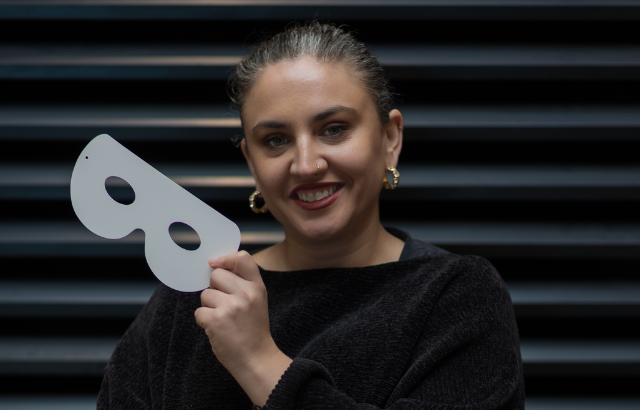As Turkey sets to hold what is widely considered the most consequential election in recent history on 14 May, marking a pivotal moment for security in Europe, Dr Palabiyik sheds light on the crucial role played by Turkish books and their translators in shaping European perceptions of the Ottoman Empire and the wider Islamic world.
‘Silent Teachers: Turkish Books and Oriental Learning in Early Modern Europe, 1544–1669’ highlights the ways in which Turkish books served as a key source of knowledge and inspiration for European scholars, writers and artists - contributing to the development of fields such as history, literature, linguistics and art.
The book delves into the personal stories of the translators and scholars who played a pivotal role in bringing Turkish books to European audiences. Dr Palabiyik examines their motivations, challenges and contributions, offering a subtle understanding of the complex dynamics of cross-cultural exchange in early modern Europe.
Taking its title from the celebrated humanist Joseph Scaliger’s comment that books from the Muslim world are ‘silent teachers’ and need to be explained orally to be understood, this book gives voice to the many and varied Turkish-language books that circulated in early modern Europe and proposes a transformative shift in our understanding of early modern scholarly culture.
Readers will encounter many larger-than-life figures, including: an armchair expert who turned his alleged captivity under the Ottomans into bestselling books; a drunken official who preferred enjoying the fruits of the vine to his duties at government headquarters; and a grumpy German physician whose antagonistic pamphlets led to the erasure of his name from history.
According to Dr Palabiyik, ‘Silent Teachers’ is not only a scholarly contribution to the field of Ottoman and European studies, but also a timely reminder of the enduring importance of cross-cultural dialogue and understanding. "In a time when xenophobia and nationalism are on the rise, it is essential to revisit the history of cultural exchange and recognise the transformative power of learning from 'the other,'" she said.
‘Silent Teachers: Turkish Books and Oriental Learning in Early Modern Europe, 1544–1669’ is a must-read for anyone interested in cultural exchange, intellectual history and the Ottoman Empire. The book is available in hardcover and e-book formats from major retailers worldwide, including Amazon and Barnes & Noble.
Join us for the Book launch and roundtable discussion on Wednesday 26 April 2023, 5:00PM - 7:30PM online or in person at The Warburg Institute, Woburn Square, London WC1H 0AB.
_640.png)


